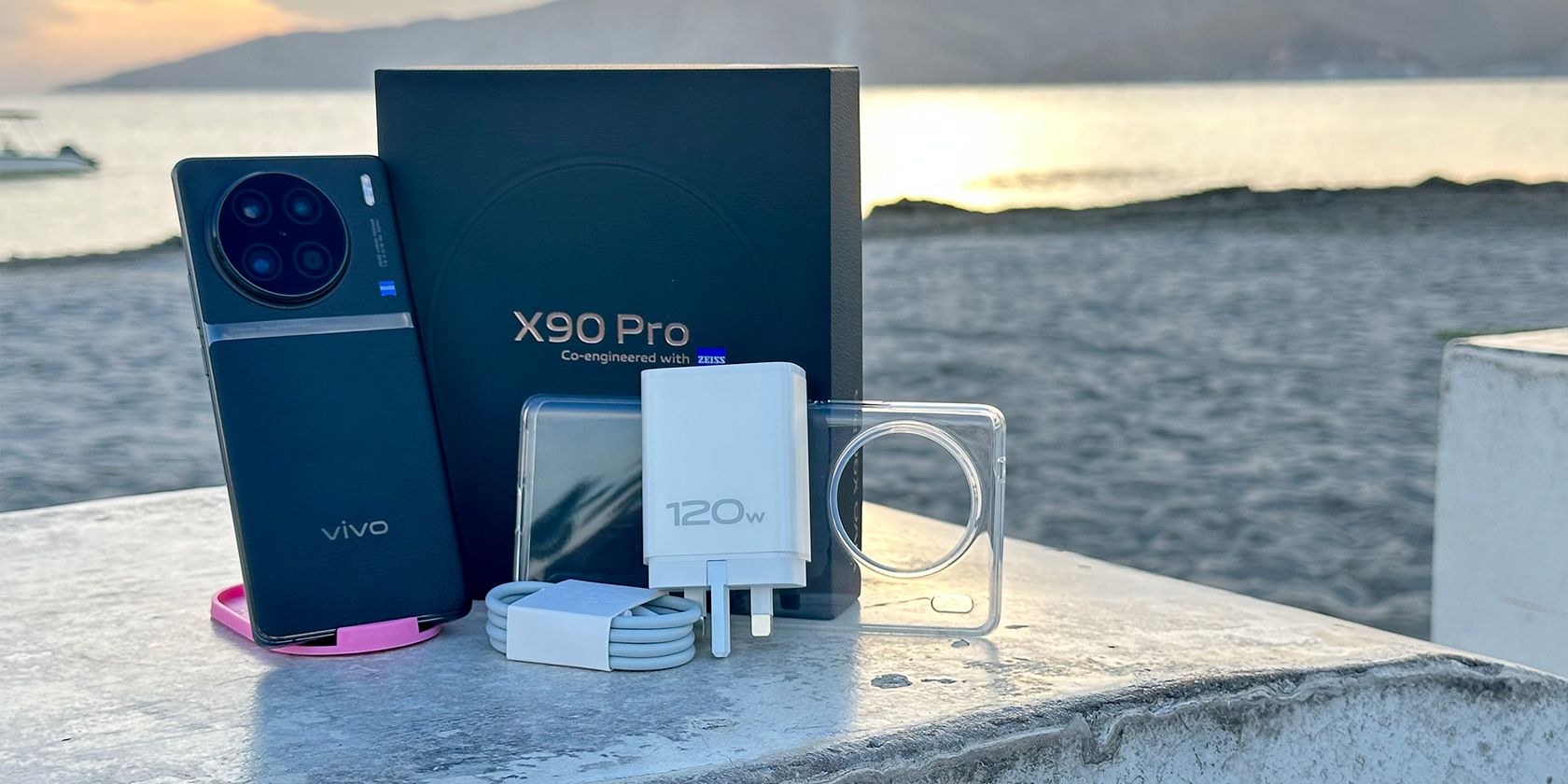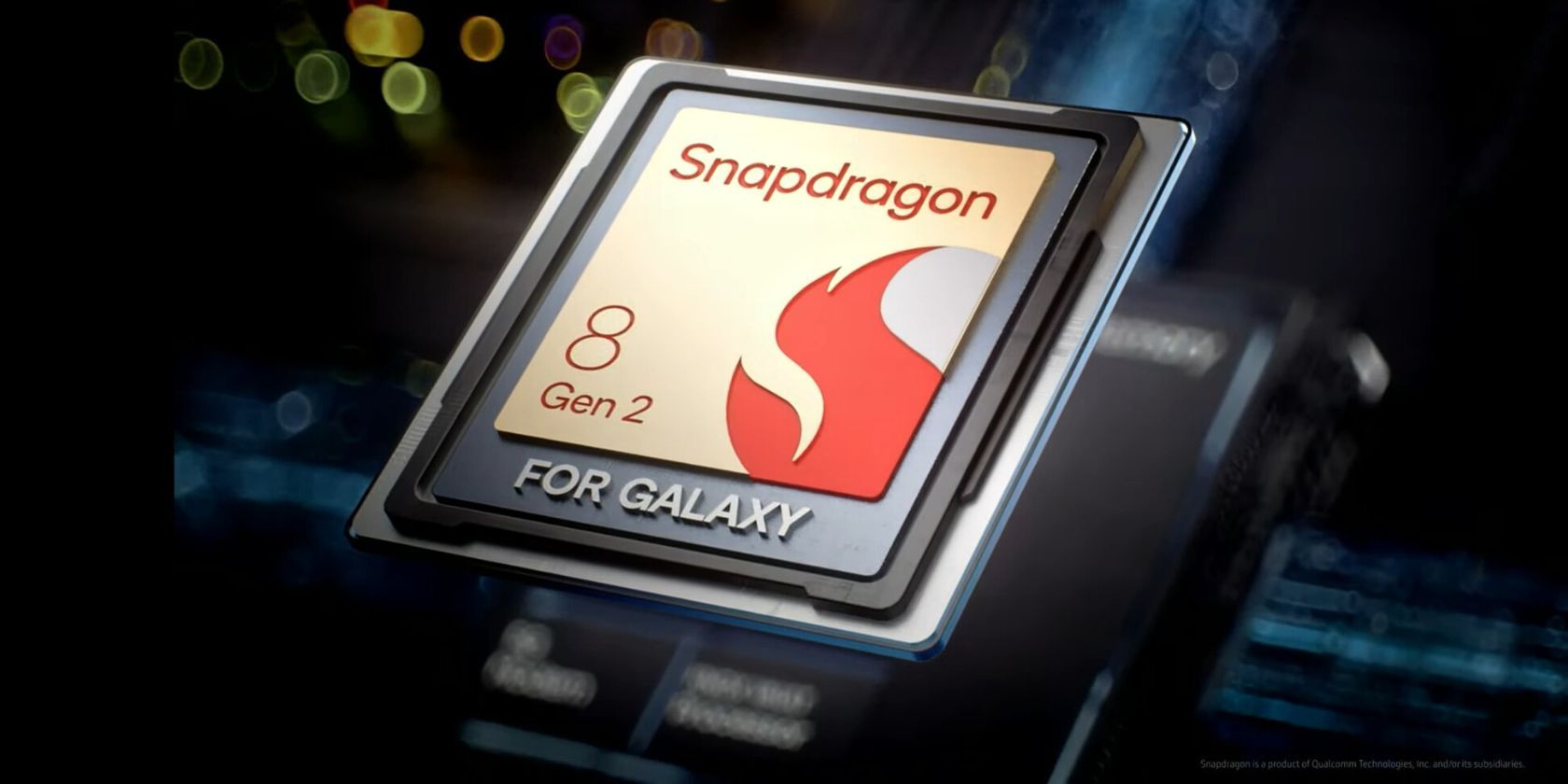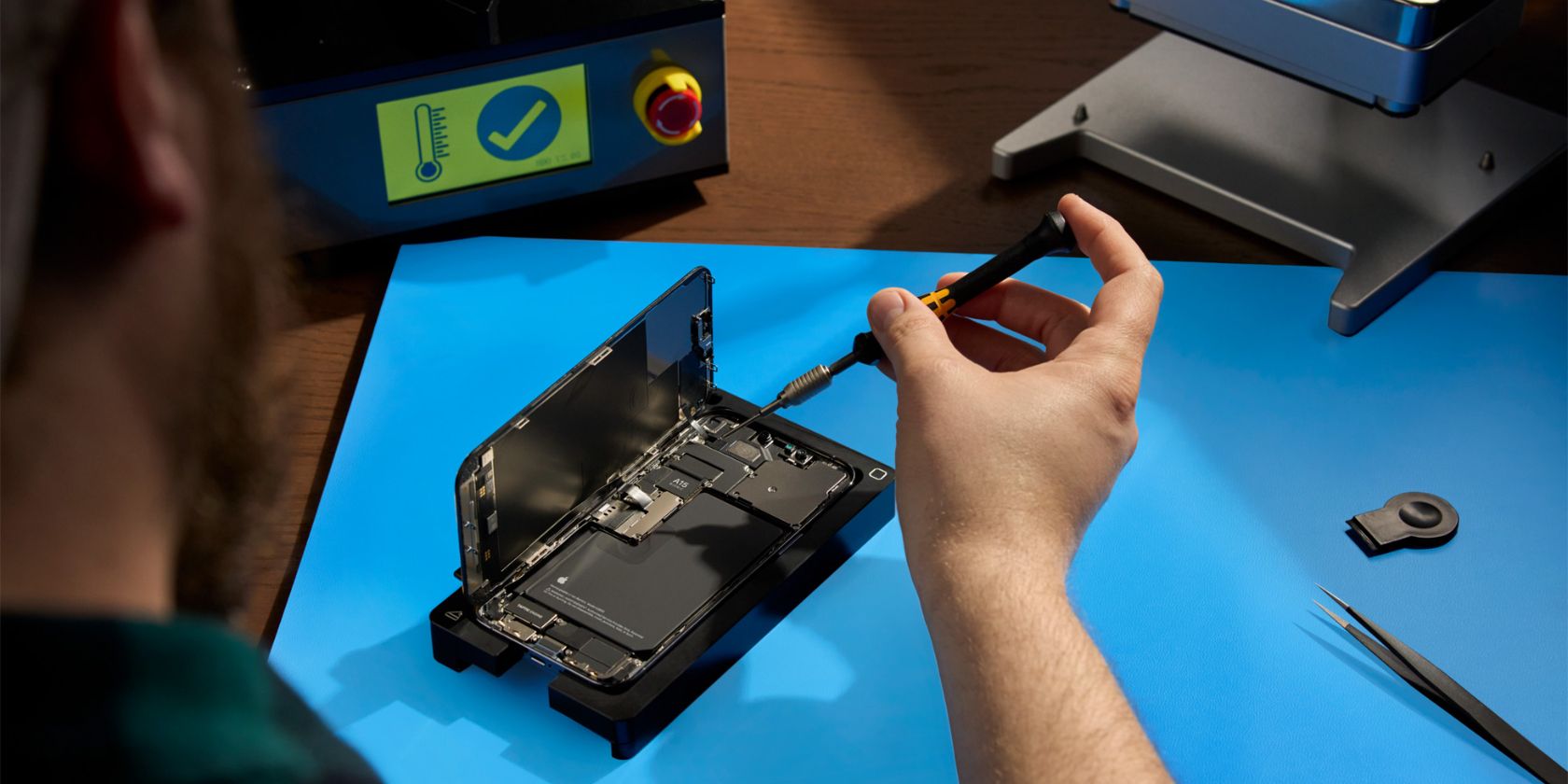We all check the price and specs of a phone before buying it to ensure we're getting a good deal. But as any good tech reviewer would tell you, specs are not everything.
Several other equally important factors indicate what your experience with your new phone will be like. So, let's look at the ten things you should look out for before getting that phone.
1. What's In the Box?
There's no sugarcoating it; the unboxing experience on many of today's smartphones is abysmal. Just a couple of years ago, unboxing a new phone used to feel like opening a Christmas present.
Alongside the phone, you also got a charger, a cable, a case, a pair of wired earphones, a SIM ejector tool, and sometimes even a pre-installed screen protector. Today, you'd be lucky if you got three of those accessories. If your new phone comes with a charger and a case in the box, that is a massive win in our book.
2. What's the Price in Other Regions?
You may not realize this, but you could be paying between 20% to 50% more when buying a new phone compared to buyers in other regions. That's why a smartphone model in your price range in Europe might go beyond how much you should spend on a smartphone in the US.
For example, the iPhone 14 Pro Max starts at $1,099 in the US, but in India, it costs INR 139,900, which at the time of writing is roughly $1,689. That means a buyer in India would pay almost 54% more for the same device! If such is the case for your region, it's better to explore other options.
3. Who Is the Manufacturer of the Chip?
A spec sheet only tells you what chip model your phone has but doesn't tell you who manufactured it. If your phone has a Snapdragon chip, it doesn't mean Qualcomm has manufactured it. It means Qualcomm designs the chip, but Samsung Foundry has historically done the actual manufacturing.
Now, most people couldn't care less about this stuff, but if you're buying an Android flagship, just know that you'd be better off if the chip in your phone is made not by Samsung but by TSMC—the same company that makes Apple Silicon chips that go inside iPhones.
TSMC-made chips are far more efficient, increasing battery life and sustained performance. In fact, TSMC made the Snapdragon 8 Gen 2 chip in the Samsung Galaxy S23 Ultra. So, despite the Samsung S23 Ultra's great features, it's still not an all-Samsung phone.
4. How Good Is Its Software Optimization?
Software optimization is another thing you can't put on a spec sheet, but it's perhaps the most important thing about a phone. After all, if the software is slow and buggy, the premium hardware doesn't really matter.
Fortunately, most popular Android skins are quite snappy. However, you should note that some budget smartphones have poorly designed software, so always watch reviews before buying.
5. How Fast Will You Get Software and Security Updates?
If you plan to use your phone for a long time, it's best to pick one that will get the fastest and most software updates. This is not a problem for Apple users since all iPhones run on iOS, but if you're an Android user, the two best options are Samsung and Google.
Since Google controls Android, Pixel phones get first dibs on new OS updates. Galaxy phones are next in line; they usually get them two months later. Samsung also offers up to four years of OS updates, which is more than Google's three years.
6. Are the Mic and Speaker of Good Quality?
Many Android users complain that the mic and speaker on their phone are poor, affecting call quality. Again, this isn't something you can check on a spec sheet.
If call quality is important to you, it's a good idea to wait until the phone you intend to buy is available in stores near you so that you can test it yourself.
7. How Reliable Is the Customer Support?
An important but often overlooked factor when buying a phone is the reliability of the customer support service of the smartphone company. Since most people aren't tech-savvy, knowing people are ready to help you if something goes wrong is reassuring.
Even better if there are physical stores nearby that you can walk into.
8. How Much Will a Repair Cost?
Nobody buys a phone expecting they'll break it, but it happens all the time. So it's a good idea to account for the potential repair costs of a phone you intend to buy.
Cracked screens and battery issues are the two most common reasons smartphones require repair, so you can research online or ask your local repair shop what a repair will cost. You can also follow these Android maintenance tips to avoid needing a repair in the first place.
9. Does the Company Offer Good Trade-in Value?
You should trade in your old phone when upgrading to a new one. This is especially true if you don't ask yourself how often you should upgrade your smartphone and always buy a new model when it comes out. Not only do you save some money that way, but you also allow the company to recycle some of the internal components of your old phone, reducing carbon emissions and is better for the planet.
All major smartphone companies have a trade-in service, but the value each one offers can be different, so consider this during checkout. If you can get more value by selling your phone online, that's even better.
10. How Easy Is It to Claim Warranty?
Smartphones usually come with a 12-month warranty, but claiming that warranty is not something any manufacturer wants you to do in case your phone turns out to be faulty. Why? Because, well, it hurts their profits.
Some even go out of their way to make the process more cumbersome than it has to be. If you're going to buy a phone, make sure that claiming its warranty is not too much of a hassle. You can check out the details on the company's official website.
Specs Aren't Everything When Buying a Phone
It's easy to miss these critical factors when buying a new phone and focus solely on its specs. Most smartphones today, even mid-range ones, are powerful enough to fulfill the average user's needs easily, so you shouldn't be obsessing over specs unless your needs are higher than most.
So, before you go ahead and purchase that thousand-dollar smartphone, ensure that it ticks all these boxes so you won't feel shortchanged when you finally get it in your hands.






